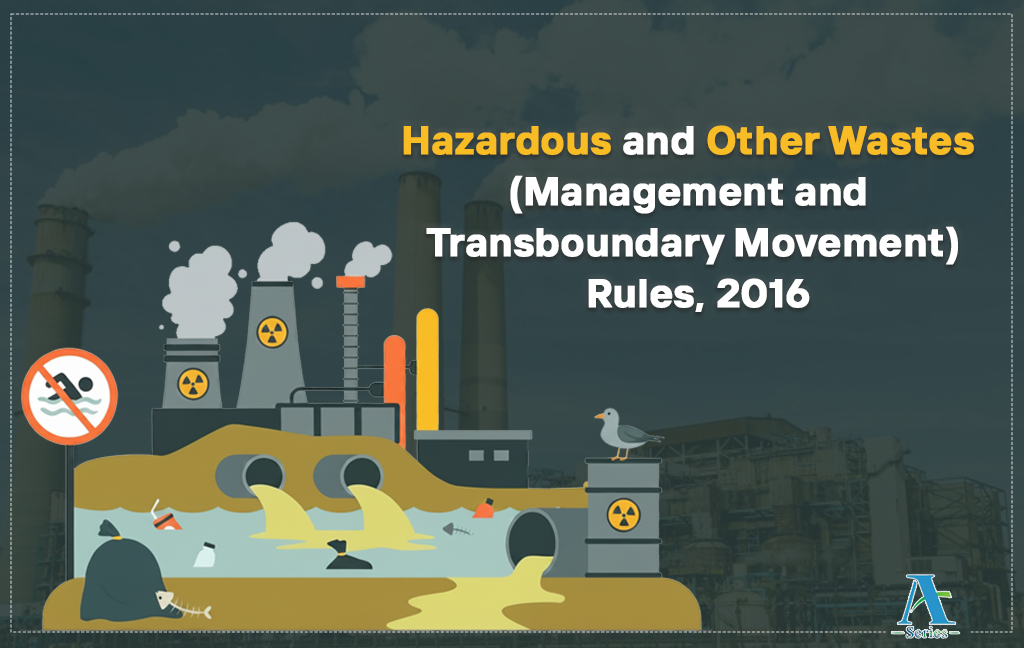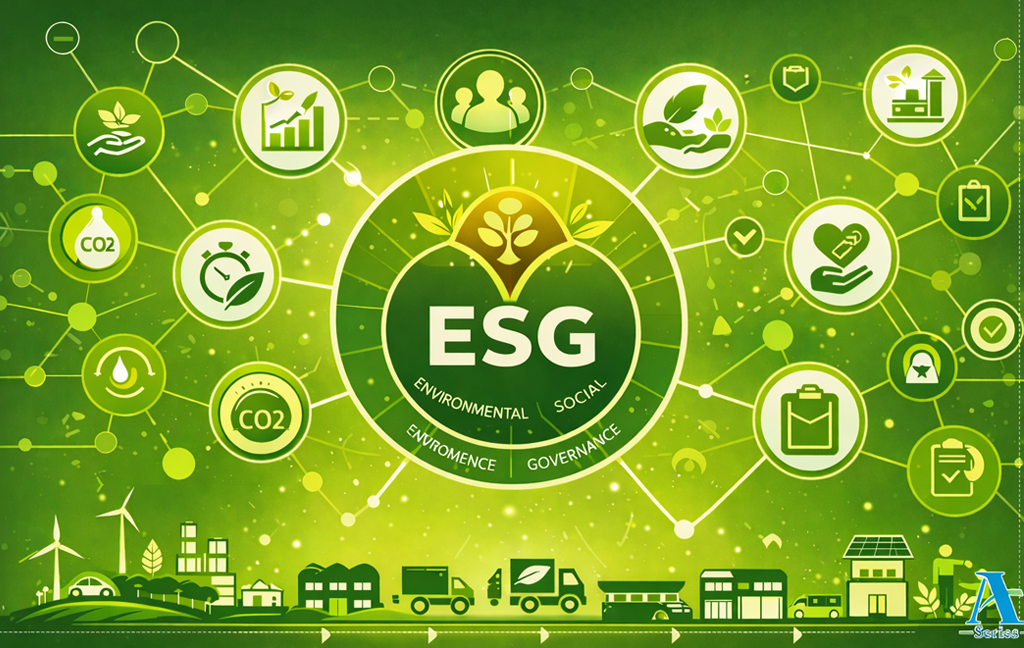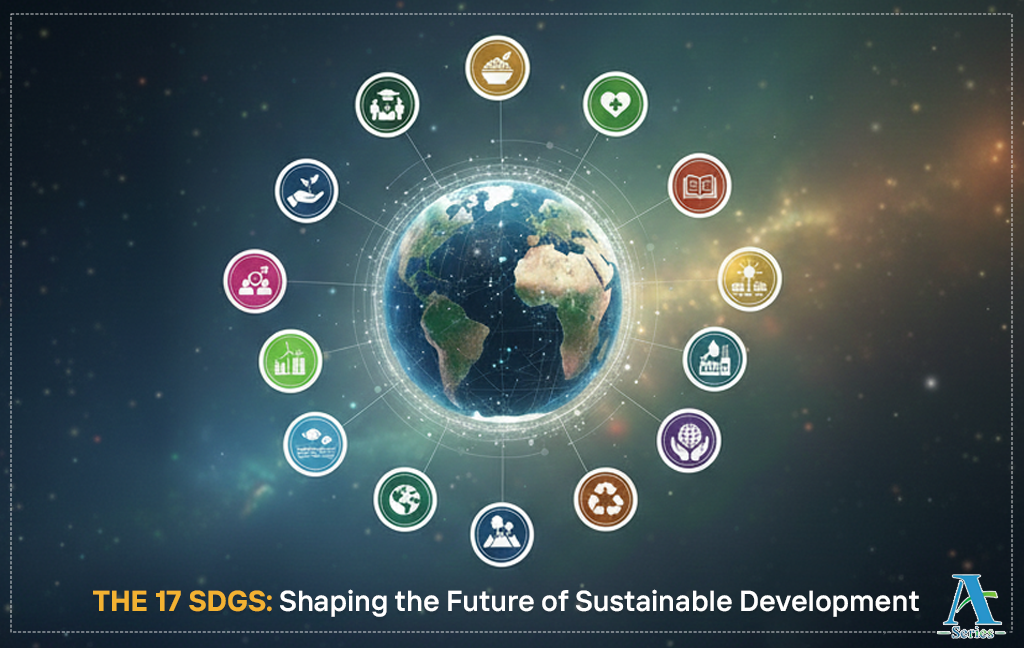Hazardous and Other Wastes (Management and Transboundary Movement) Rules, 2016

Introduction
Industrial growth is vital for a nation’s development but it also brings environmental challenges, especially in the form of hazardous waste. From chemical manufacturing to metal processing and pharmaceuticals, many industries generate toxic residues that can harm soil, water, and air if not managed responsibly.
To control and monitor these wastes, the Ministry of Environment, Forest and Climate Change (MoEF&CC) introduced the Hazardous and Other Wastes (Management and Transboundary Movement) Rules, 2016. One of the most crucial components of these rules is the Hazardous Waste Authorization (HWA), a legal requirement for all hazardous waste generating industries.
What is Hazardous Waste Authorization (HWA)?
Hazardous Waste Authorization is a mandatory permission granted by the State Pollution Control Board (SPCB) or Pollution Control Committee (PCC). It allows industries to generate, store, transport, treat, recycle, or dispose of hazardous waste in an environmentally safe manner.
Without this authorization, no occupier or operator of a facility is legally permitted to handle hazardous or other waste in India (as per Rule 6 of the 2016 Rules).
Why is Hazardous Waste Authorization Important?
- Legal Compliance:
Obtaining HWA ensures industries operate within the framework of environmental law, avoiding penalties under the Environment (Protection) Act, 1986. - Transparency & Accountability:
Every authorized generator must declare the type, quantity, and handling method of hazardous waste, allowing regulators to track waste from source to disposal. - Safe Disposal & Recycling:
HWA mandates the use of authorized recyclers, co-processors, and TSDFs (Treatment, Storage and Disposal Facilities) preventing illegal dumping or open burning. - Data for National Waste Inventories:
Information submitted in annual returns helps build the national database on hazardous waste generation, aiding better policymaking and enforcement. - Environmental Protection:
Proper waste management reduces risks of soil contamination, groundwater pollution, and toxic emissions, contributing to India’s sustainability goals.
Key Compliance Requirements under HWA
Industries generating hazardous waste must follow these major compliance obligations under the 2016 Rules:
- Apply for Authorization
- Submit the Form 1 application through the SPCB’s online portal (like OCMMS or OCCUR).
- Include details of waste quantity, storage methods, and disposal partners.
- Maintain Records and Registers
- Maintain a record of generation and disposal in Form 3.
- Submit annual returns in Form 4 to SPCB by June 30 every year for the previous financial year.
- Use Authorized Facilities
- Ensure all waste is sent only to authorized recyclers or TSDF operators.
- Never mix hazardous waste with non-hazardous or municipal waste.
- Labeling and Packaging
- Follow Schedule IV for labeling standards.
- Use corrosion-resistant containers with hazard symbols and waste category details.
- Renewal and Modification
- Authorization is valid for 5 years (or as specified by SPCB).
- Must be renewed before expiry or modified in case of process changes or new waste categories.
- Transport Manifest System
- Use the Form 10 manifest to track waste movement from generator to final disposal site ensuring cradle-to-grave traceability.
Penalties for Non-Compliance
Operating without Hazardous Waste Authorization or violating conditions can lead to:
- Imprisonment up to 5 years and/or fine up to ?1 lakh under Section 15 of the Environment (Protection) Act, 1986.
- Additional fines for continuing violations and possible closure directions under Section 5.
Thus, maintaining valid authorization isn’t optional it’s a legal and environmental responsibility.
Challenges in Implementation
Despite being a robust system, challenges still exist:
- Lack of awareness among small-scale industries.
- Illegal disposal or informal recycling.
- Delayed renewals and weak enforcement in certain states.
Digitization and better monitoring (through barcode-based manifest systems and GPS tracking) are helping strengthen compliance mechanisms.
The Way Forward
India’s goal of achieving sustainable industrial growth depends on how responsibly it manages hazardous waste.
To enhance the effectiveness of authorization:
- Encourage industry training programs on waste segregation and minimization.
- Promote co-processing in cement kilns as an eco-friendly disposal route.
- Integrate Extended Producer Responsibility (EPR) for sectors generating recurring hazardous residues.
Conclusion
Hazardous Waste Authorization is not just a formality — it’s a critical environmental safeguard. It ensures that hazardous wastes are properly identified, stored, transported, treated, and disposed of — protecting public health and the ecosystem.
Every industry generating hazardous waste must obtain and maintain valid authorization as part of its core compliance strategy. Responsible handling today ensures a cleaner, safer tomorrow.






